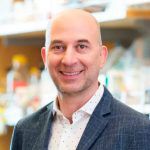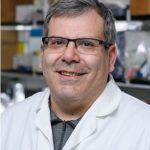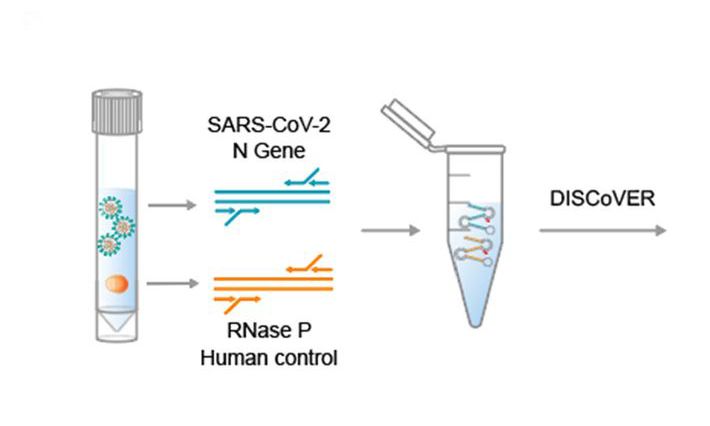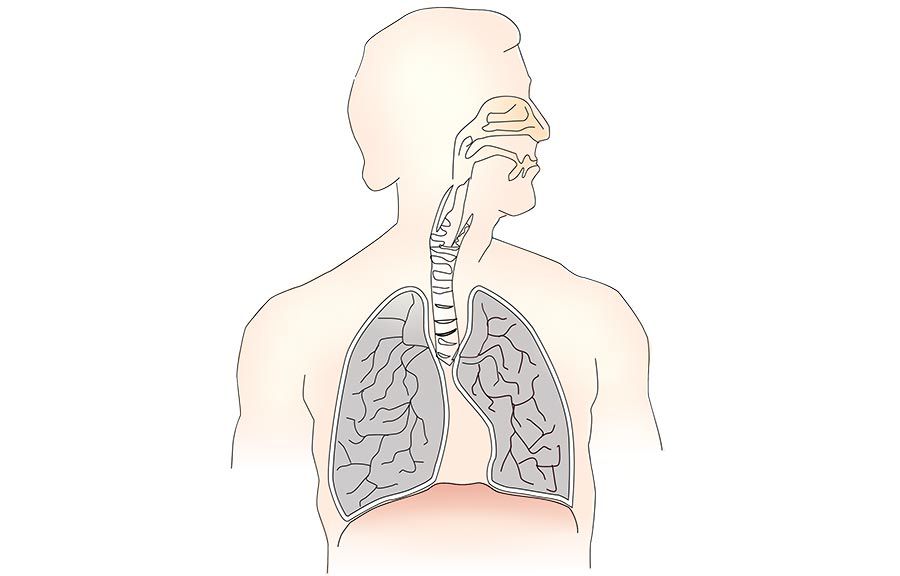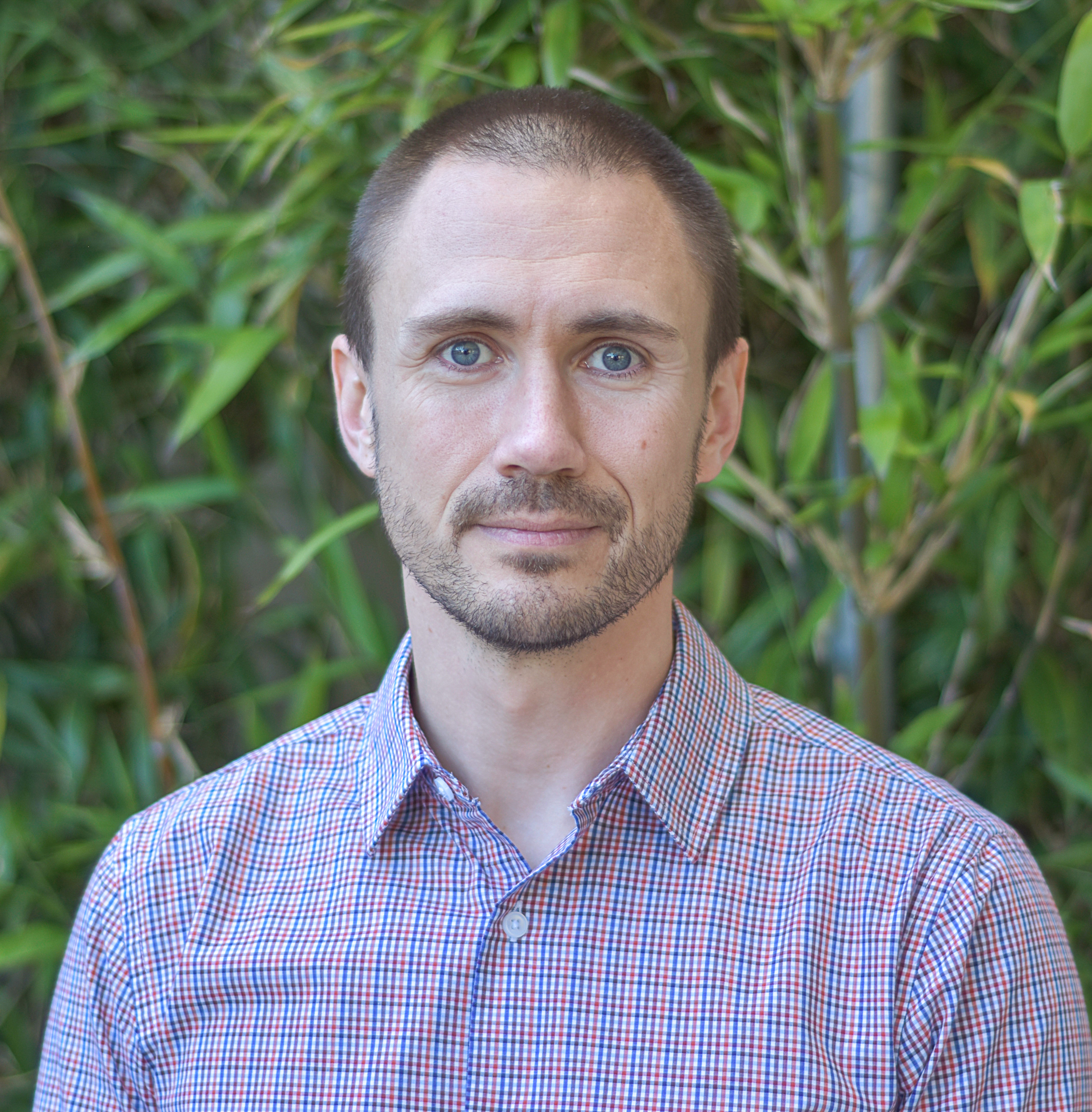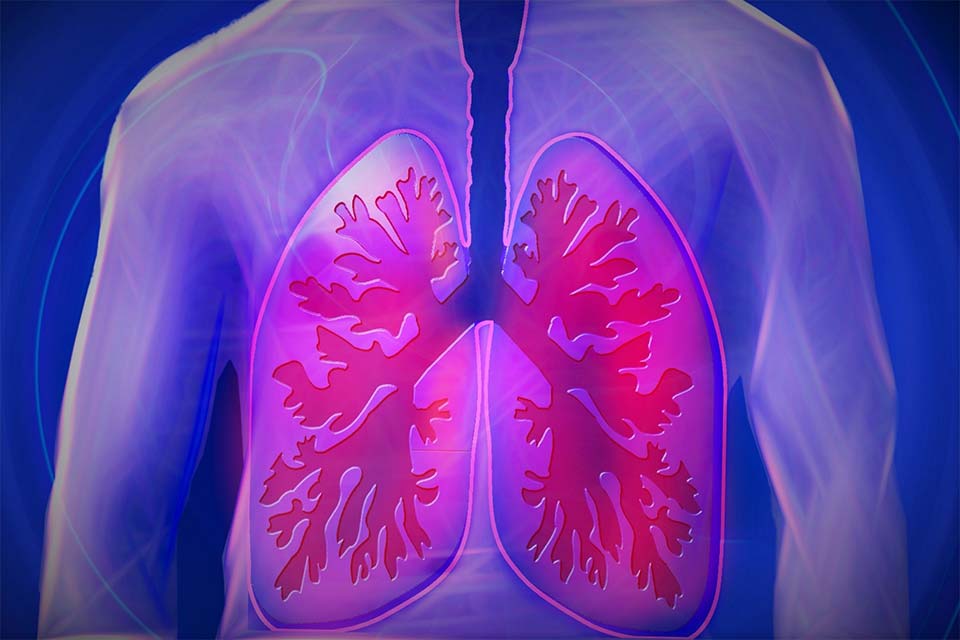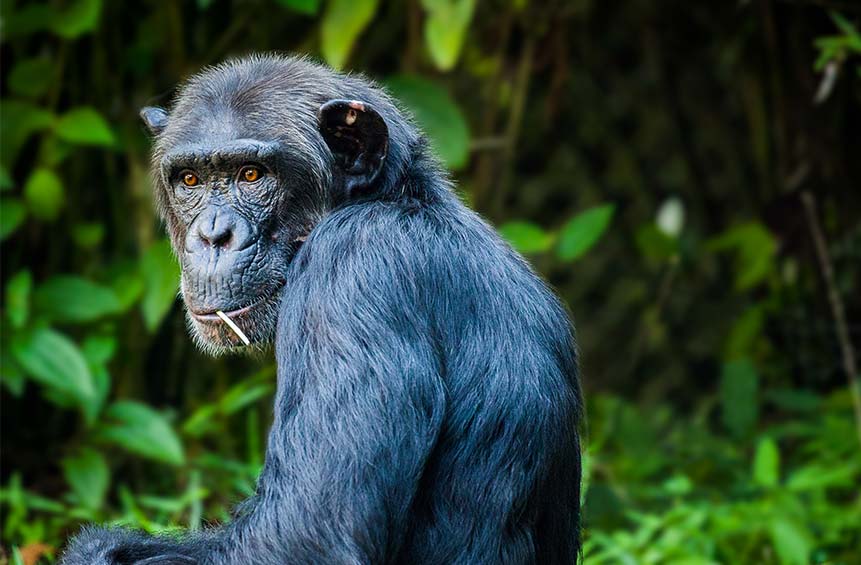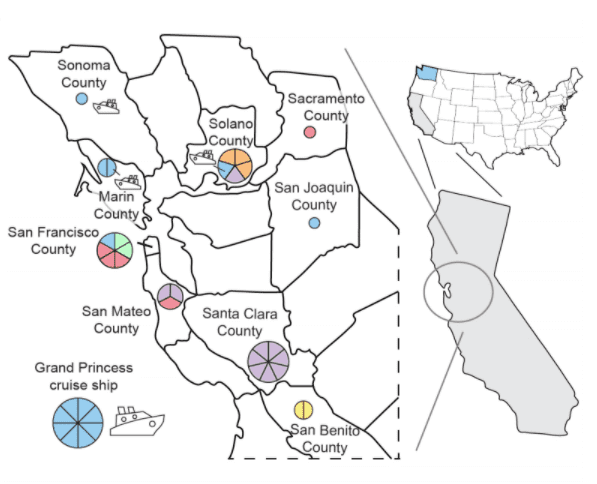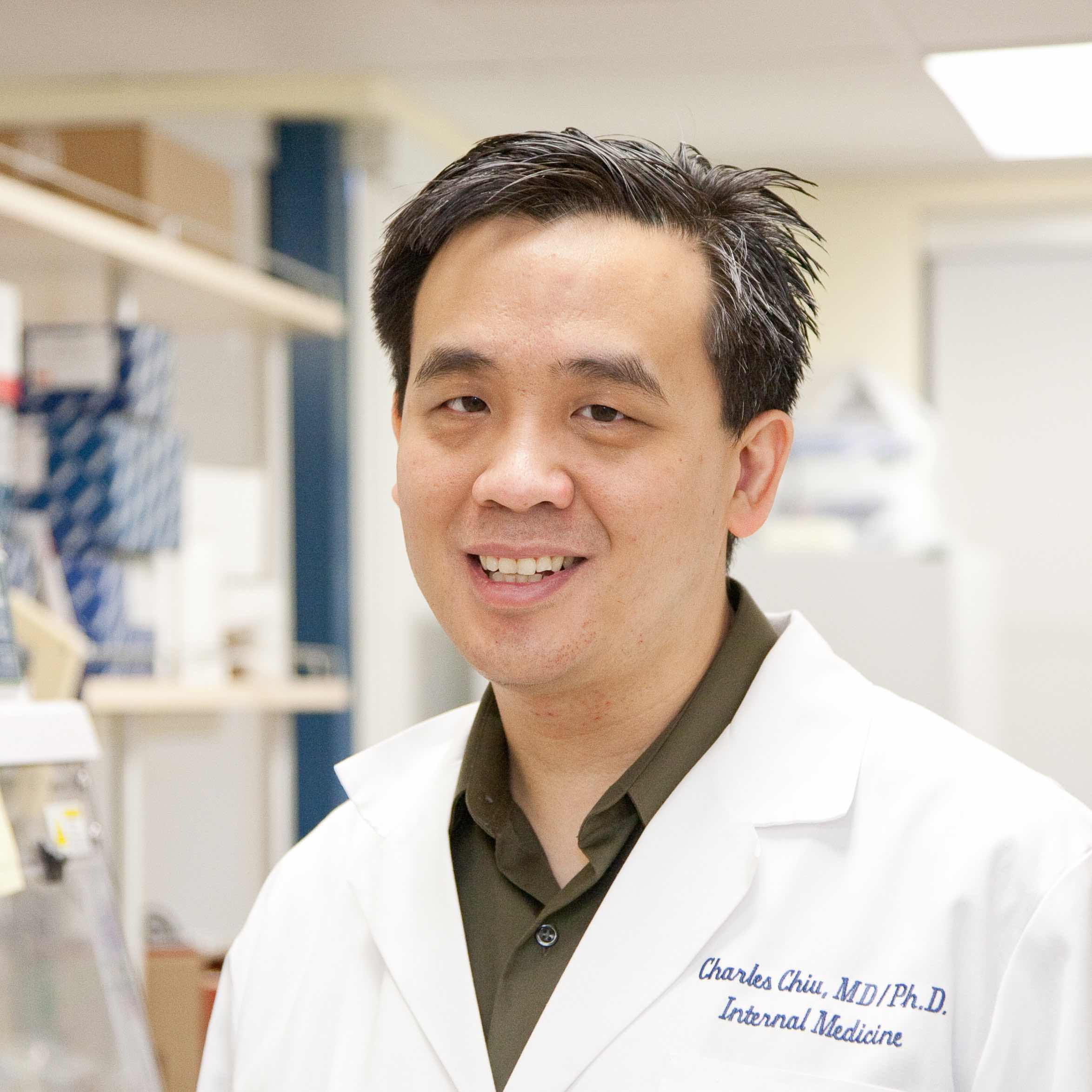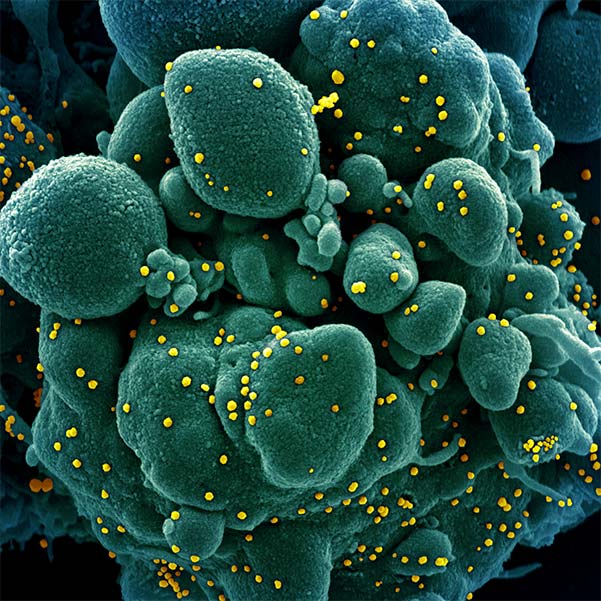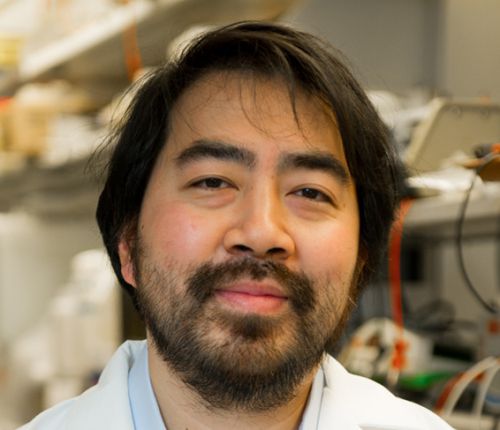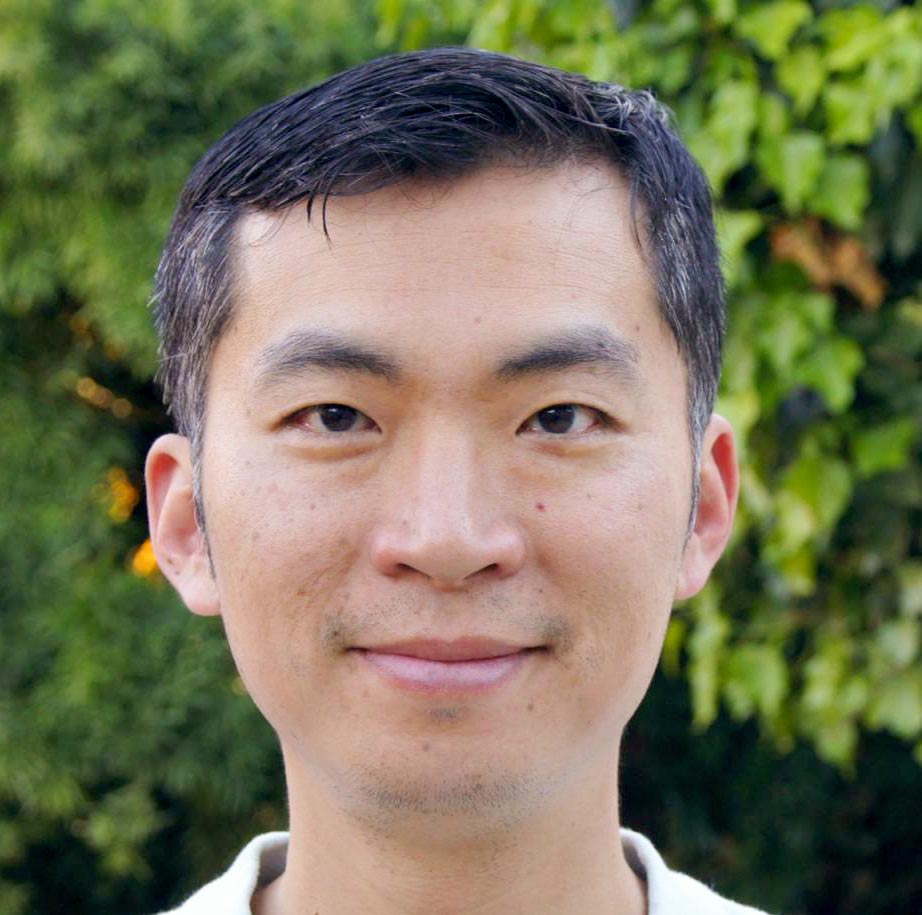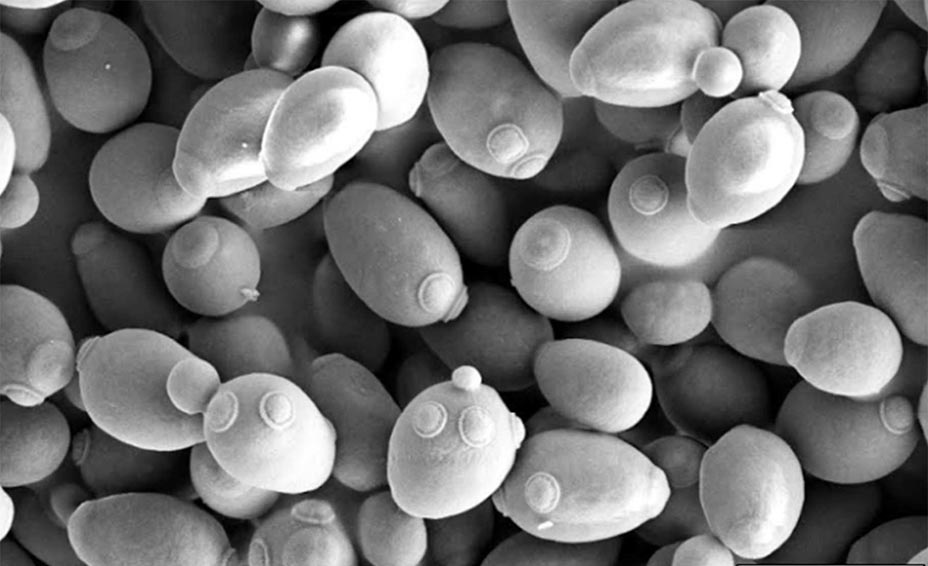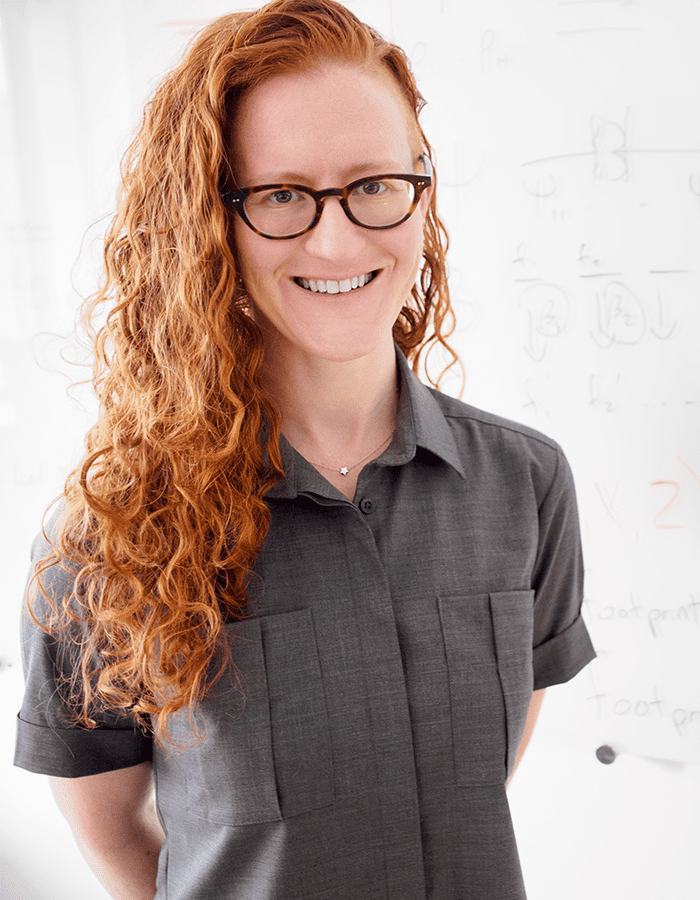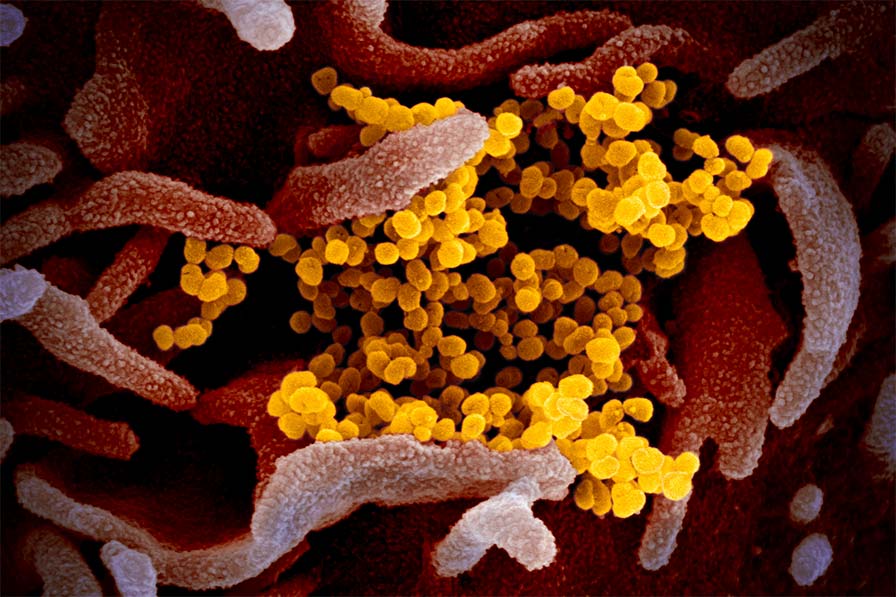Genomics
Institute
An adaptable CRISPR-based epigenetic treatment for acute radiation sickness and SARS-CoV-2 immunity
We are developing a single-dose CRISPR-based genetic medicine to preemptively guard against radiation sickness and SARS-CoV-2 (COVID-19) infection.
SHARE:
Our mission is to identify innate host genetic defenses against radiation exposure and then to modulate genes to boost protection. Acute radiation sickness (ARS), a condition that afflicts thousands of cancer patients and people with toxic exposure to radiation, results in stem cell death in the intestines and bone marrow. Our “programmable gene modulator” aims to turn-on and turn-off targeted host genes to confer radiation resistance. Not only does this platform technology enable the hope of protecting against radiation poisoning, but it can also be leveraged for other threats. Given the challenge of the COVID-19 pandemic, our team is now evaluating the generalizability of our CRISPR-based platform to protect against SARS-CoV-2 infection.
In partnership with the Department of Defense, we have identified protective host factors for ARS through large-scale functional genomics screens. Expression of these protective genes can be “tuned” using a next-generation dCas9-based genetic modulator, and we are able to package and deliver our genetic modulator to stem cells in mouse models by lipid nanoparticles. Our team is working feverishly for a future in which cancer patients are not poisoned by their treatment, but are treated with genetic medicine that allows them to receive a curative dose of radiation.
Share this project:

